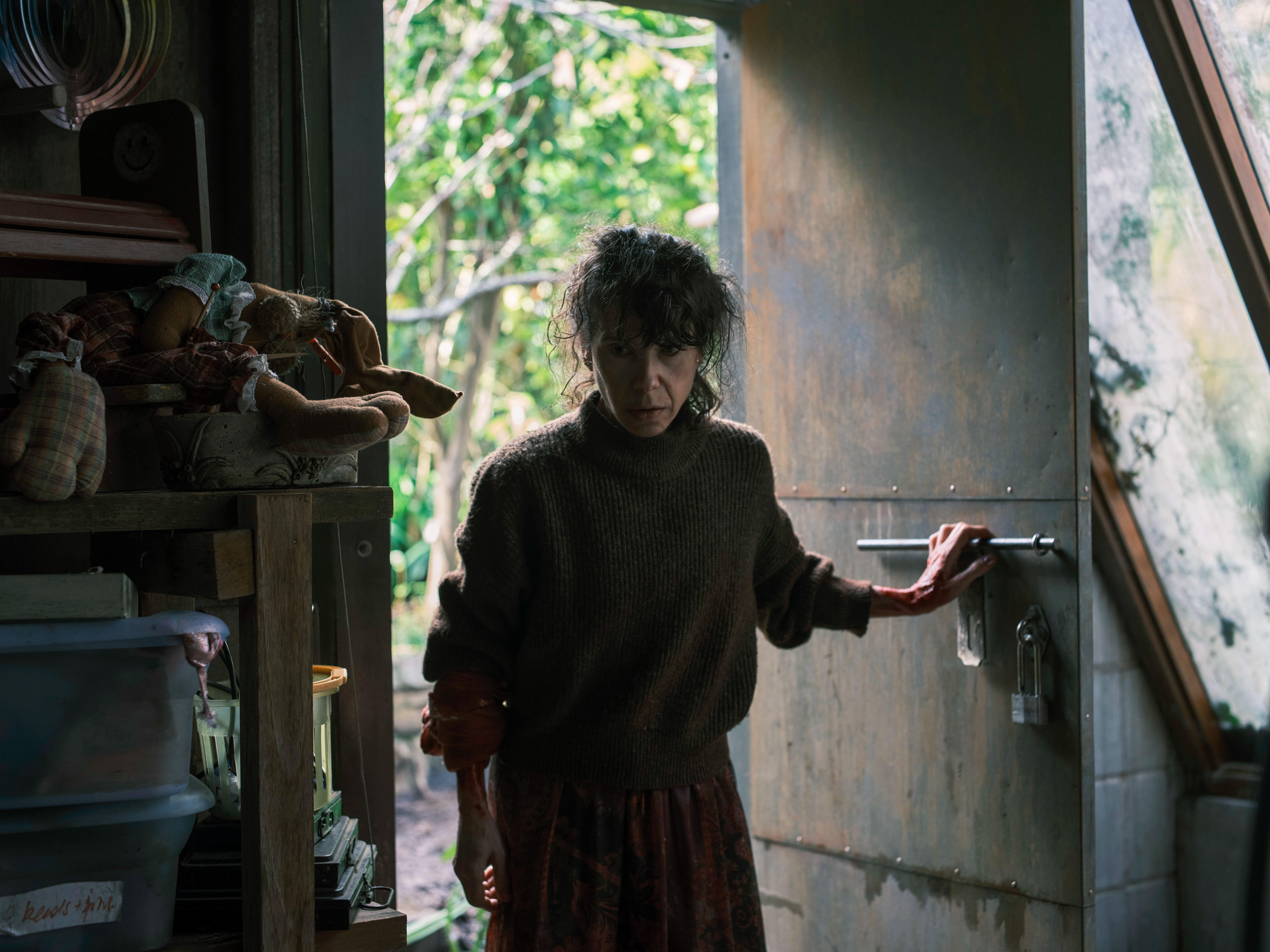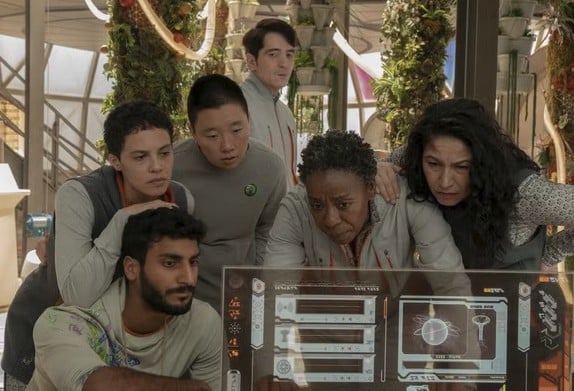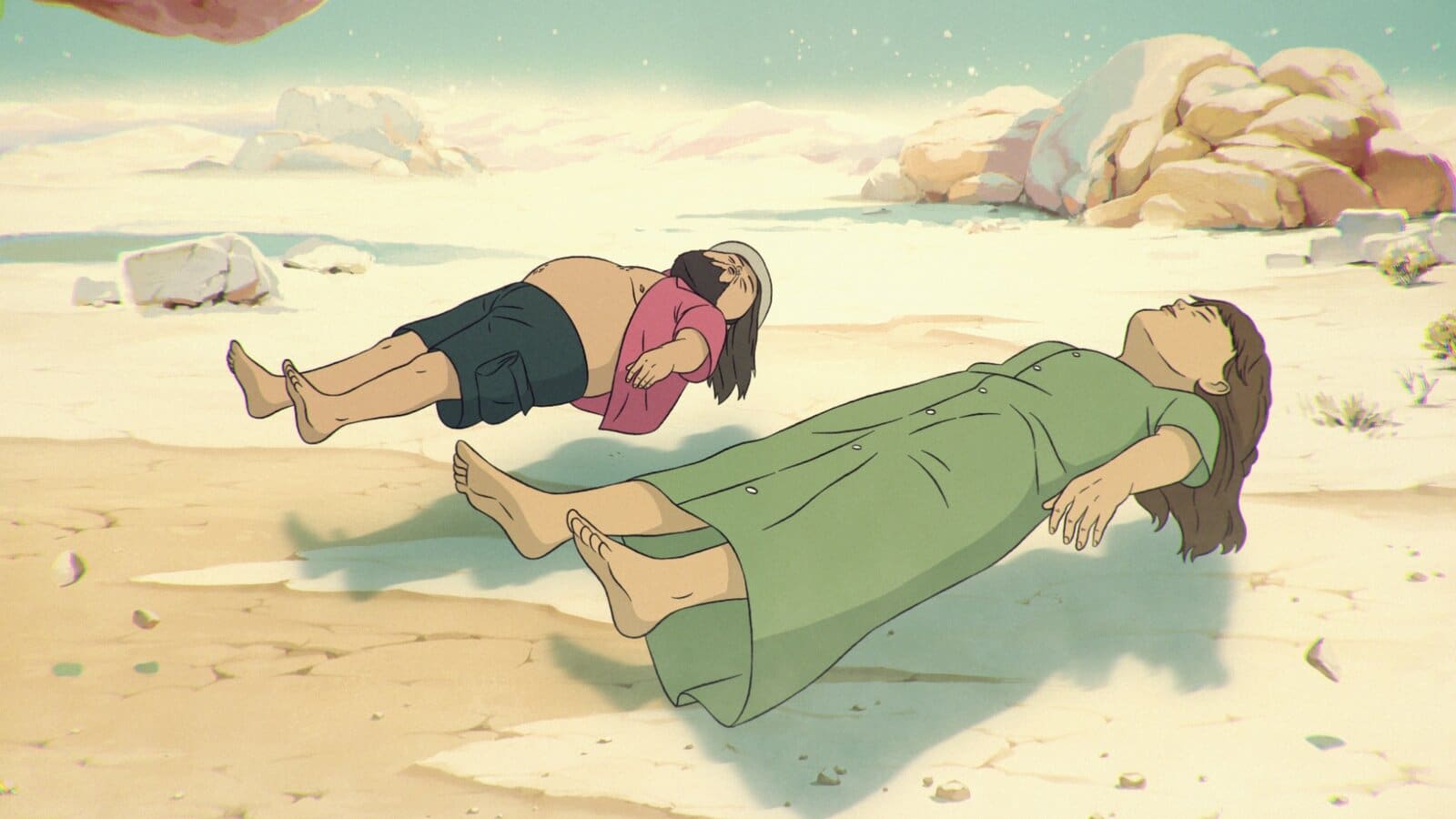Watercooler Pick

Welcome to Plathville
- Series
- Where to Find It: Seasons 1 – 3 are available on Discovery+. Season 4 is currently airing on TLC
- Rating: TV-PG
- Release Date: Nov. 5, 2019
- Seasons: 4 Seasons (to date)
- Episodes : 39 Episodes (to date)
- Length: 43 Minutes
Recommended by:
Share on social media
Find More Watercooler Picks
Welcome to Plathville is an unscripted series centered on the ultra-conservative, fundamentalist Christian Plath family. While parents Barry and Kim try to keep their children strictly sheltered from the influence of outside society, the real world slowly creeps in anyway. and the cracks grow wider with each successive season.
TLC specializes in this kind of reality melodrama. The Plaths themselves were newcomers to television when the series began in 2019, but their profiles have grown thanks to the show. Unless you’re a true TLC devotee, you probably won’t see any familiar faces here, but don’t let that stop you. Trust me when I say you want to get to know the Plaths.
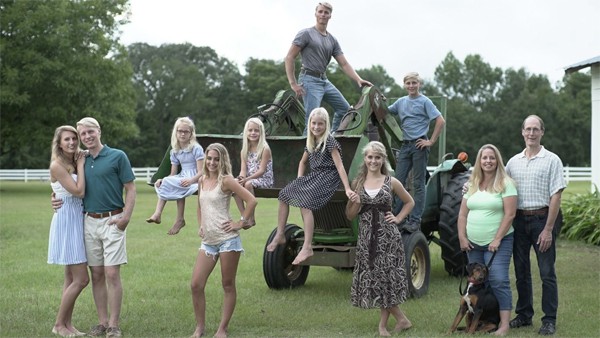
At first, Welcome to Plathville presents itself as your typical TLC reality show. So wholesome it is corny, this show was very clearly commissioned to appeal to a very niche demographic, one that regularly shops at Hobby Lobby and thinks Chik-fil-A is fine dining. For the first few episodes, it looks like this is going to be yet another glorification of fundamentalist Christianity a la 19 Kids and Counting, but with the family drama of Jon & Kate Plus 8.
Barry and Kim Plath, however, make Jon and Kate Gosselin look like parents of the year in comparison. Quickly, the show devolves into what may be the single greatest exploration of family dysfunction since Robert Redford’s Ordinary People. The Plath parents are incredibly strict fundamentalist Christians, but they take this to an extreme that would make even the late Jerry Falwell think “too much.” They have not only homeschooled their children, but sheltered them so much that early episodes focus on oldest son Ethan’s first sip of Coke or first watch of Friends – a show so ubiquitous that it’s genuinely delightful to see someone react to it for the first time.
Ethan is able to do these things because he married Olivia. Like the Plath siblings, Olivia grew up in a fundamentalist family. Unlike the Plath kids, she escaped. It quickly becomes apparent that Olivia is a change agent in the Plath family, taking oldest daughter Moriah under her wing and encouraging her individuality and rebellious spirit–which it must be said would only be considered “rebellious” by the Plaths; any normal parent would call it “being a well-behaved teenage girl.”
Season 1 climaxes with a showdown between Olivia and her in-laws. Seasons 2 and 3 deal with the fallout of this as the family fractures and the older kids strike out on their own, going on a bit of a Rumspringa as they finally become acquainted with the real world. Ethan and Olivia travel. Moriah gets a boyfriend. Micah, the second oldest Plath sibling, becomes a successful model. And Kim and Barry are left dealing with the fallout of their narcissistic and emotionally abusive parenting.
I actually think the Plaths, in many ways, capture our society’s current zeitgeist. Kim and Barry, disenchanted with the modern world, have tried to recapture a sort of primitive Christian existence in the woods of south Georgia. They have disallowed their children access to television, internet, and even other kids; the Plath children grew up with only one another for company. As such, they have essentially divorced themselves from worldly society.
Enter Olivia, who I swear has lived seventy years of the feminist movement over the course of three seasons of TV. I do not know what her politics are, but Olivia represents the forces of progressivism. She introduces Ethan to alcohol. She takes Moriah to the Castro, San Francisco’s historic gay village. She helps Micah secure a modeling agent. To Barry and especially Kim, Olivia is a threat. She sweeps the Plath children out of their celestial kingdom and into the hell fires that sins of … small town Southern life. That’s right. Let that sink in. The deep south is too liberal for the Plaths.
What makes Welcome to Plathville more compelling than “Kimmy Schmidt, but it’s real” (and make no mistake, Ethan gives real Kimmy Schmidt vibes in season one) is that the editors and producers have done an excellent job making sure that everyone is shown as fully human and given, I think, a fair hearing–Kim and Barry included. Kim is extremely candid about her childhood, which can only be described as traumatic. She is brutally honest about the guilt she felt after she accidentally killed her toddler son Joshua by running over him with her car. This is a woman with a lot of hurt, a lot of baggage, and who it is very obvious loves her kids with a ferocity I think a lot of children miss out on.
I’ve been hard on Kim in this review, but to me she is the most compelling–I hesitate to say “character,” because she is a real human being, so let’s say the most compelling personality on the show. This is a woman who has very strict religious views which she has forced upon her children. She is rigid, judgmental, and domineering.
Yet she is also, I think, deeply compassionate and more self-aware than many give credit for. I see echoes of my own mother in her, and I think anyone who has grappled with, and maybe like me forgiven, a parent who screwed up their childhood but who you know did the best they could and genuinely meant well will recognize. She sees the mistakes she has made in her relationship with Ethan and Olivia. While unbending in her beliefs and desire to parent her children her way, Kim does seem to genuinely be trying to do better with Moriah and Micah and with the younger children.
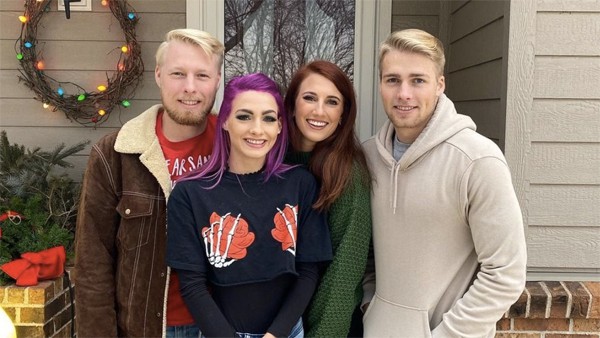
The problem is, of course, that with the older children the damage has been done. Moriah quickly realizes she is unprepared for college because the homeschooling she received as inadequate to prepare her for the ordinary world, let alone academia. At one point, Micah pointedly asks his parents why they didn’t better prepare their children for the world. Kim and Barry find it hard to answer.
Both Ethan and Micah have maintained healthy relationships with their parents despite the differences in lifestyle and bitterness towards how they were raised. At the end of season three, both seem to be in healthy places. Ethan has moved to Los Angeles to pursue modeling, and Moriah is preparing for a new life in Tampa.
It is Ethan whose progress is truly the most painful to watch. The oldest Plath son has a lot of resentment and anger towards his parents not only for the way they’ve treated his wife–which let me be clear, was pretty bad on-camera and sounds like was a lot worse off camera–but for the way they controlled and sheltered him until he got married. Watching him work through that anger, and what it does to his marriage, is as riveting as it is painful when you snap out of the suspended reality of reality TV and realize that holy crap, this is a real person with real pain.
I’m not going to lie, there are times where it feels painfully voyeuristic. We are intruding on the most intimate and difficult moments of the lives of complete strangers. That’s basically the formula for this kind of reality TV series, but it made me feel disgusted with myself for enjoying it. Still, there is no denying watching this family unravel is riveting.
That, I think, is what makes Welcome to Plathville so relevant. Welcome to Plathville really does not deal with politics as we traditionally think about it, but I would argue that it is perhaps the most important show to watch right now to understand the politics of the day. They show everything, warts and all. While later seasons are obviously more heavily produced–including quite obviously trying to fabricate a love interest for Micah by continually bringing back a model he did a shoot with in Season 1, which is annoying–this show remains the most authentic reality show I’ve seen since I used to watch the Big Brother UK live feeds in the ‘00s.
In doing so, they show a family that is dividing itself along cultural and moral lines, with the old conservative guard giving ground to a progressive new generation doing things its own way. The rapid change in family dynamic–with the heavy implication that Micah has engaged in premarital sex, with Moriah doing yoga and dressing in revealing clothing, and with Olivia simply breathing–creates some real struggles for the Plaths to work through. Whether they can ever come out on the other side remains to be seen.
If this sounds familiar, it’s because that is basically what is happening to America right now. So much of our national conversation–over abortion, over transgender rights, over “Don’t Say Gay” laws and parental choice and religious freedom–is dominated by issues of personal morality and sexual liberation. The Plath family is dealing with this too, albeit in a more personal and Victorian way. America is fighting over gay marriage. The Plaths are fighting over Ethan’s marriage to a woman whom Kim and Barry allegedly said was possessed with evil spirits. Not exactly the same, but damn if it isn’t close.
I think Welcome to Plathville is not only the best, but the most interesting, reality TV show I have seen in ages. If you want to better understand the mentality of fundamentalist Christianity and the damage it can do to children raised in it, this is the show for you.
This is something you can watch with the entire family, though I’m not sure how much younger kids would enjoy it. There’s really nothing “adult” about the show by anyone’s standards but Kim and Barry’s.
There is a lot of chemistry and sexual tension between Micah and Max, who is ostensibly Moriah’s boyfriend through the second and third seasons. Both, as far as I know, are straight. But it bears mentioning.
Lydia, the second-oldest daughter, is the emotional backbone and unsung hero of this family. She is wise beyond her years and personally is my favorite Plath. (Sorry, other Plaths.)
The first season, especially, gives me real Little Women vibes. Olivia is Meg, nurturing and encouraging. Moriah is Jo, adventurous and insatiable. Lydia is Beth, kind and empathetic. And Micah is Amy, vain but bubbly–and more pragmatic than most give him credit for.
- Moods: grip me, tug my heartstrings
- Interests: conversation worthy, family friendly, modern families, politics, reality

Skylar Baker-Jordan



